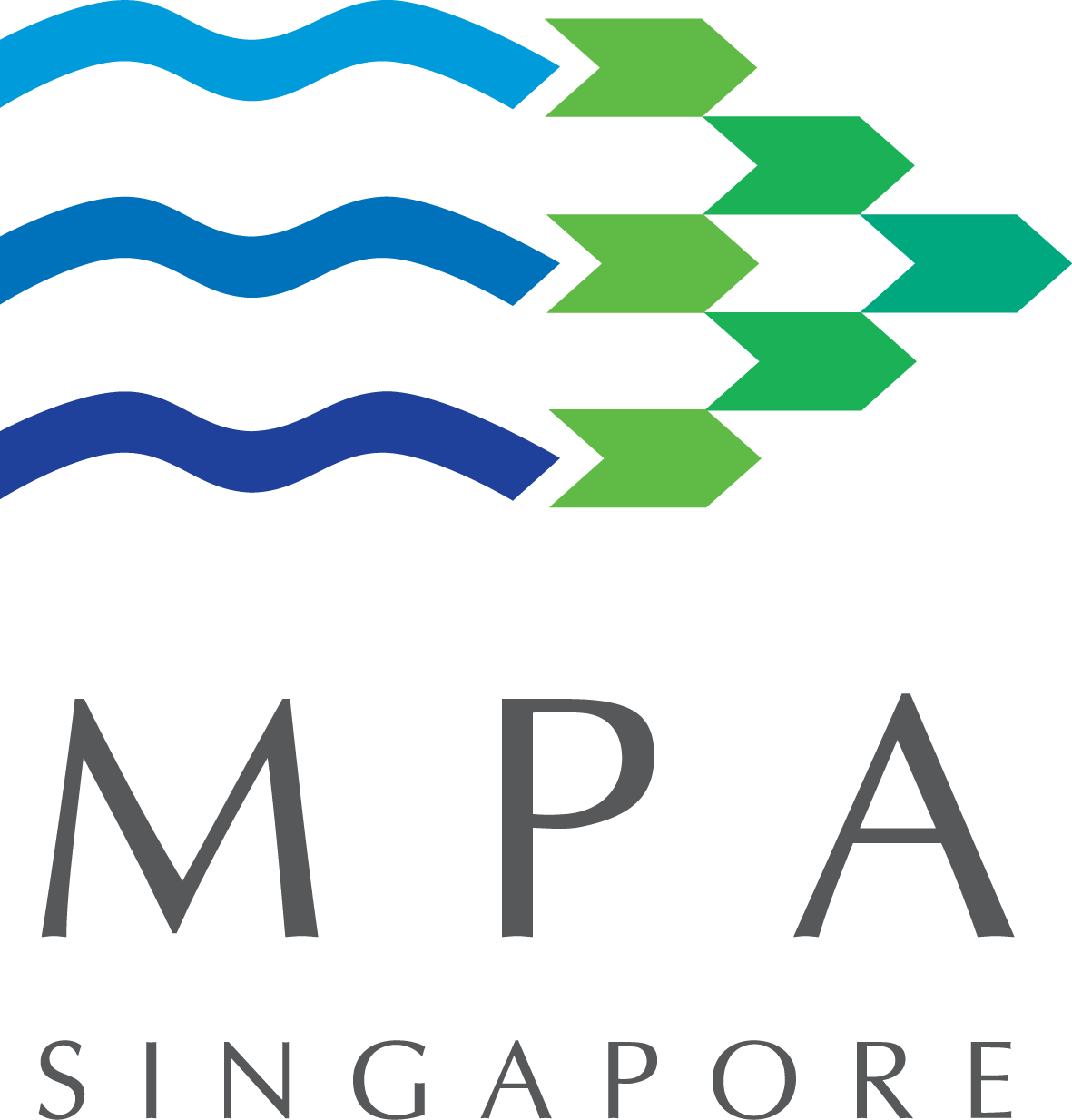SPEECH BY MR PANG KIN KEONG, PERMANENT SECRETARY, MINISTRY OF TRANSPORT, AT THE 2ND MARITIME PUBLIC LEADERS' PROGRAMME WELCOME RECEPTION, AT THE PINNACLE, PSA BUILDING ON MONDAY, 15 OCTOBER 2012, AT 6.45PM
Mr Lam Yi Young,
Chief Executive, Maritime and Port Authority of Singapore,
Prof Soh Chee Kiong,
Acting Chair, School of Civil and Environmental Engineering,
Nanyang Technological University,
Participants of the 2nd Maritime Public Leaders Programme,
Distinguished Guests,
Ladies and Gentlemen,
Good evening. I am happy to join you for this welcome reception for the 2nd Maritime Public Leaders' Programme. To our guests from overseas, a very warm welcome to Singapore.
We are all familiar with the increasingly important role that shipping plays in our globalised world. 90 percent of global trade is carried by sea and total seaborne trade is estimated to have quadrupled over the last four decades. Needless to say, the sea has indelibly shaped and defined nation-states. Singapore is a case in point. We are located along one of the busiest waterways used for international shipping and our location has contributed to the growth of our hub port, which sparked and drove our development as an economy and a nation. Today, Singapore is home to about 5,000 maritime companies, contributing more than 7% to Singapore's GDP and employing more than 170,000 people of all nationalities. Indeed, the maritime sector continues to be one of the mainsails of Singapore's economy.
Singapore has adopted three key strategies in developing our hub port and international maritime centre. Firstly, investing in infrastructure ahead of demand. Despite the current uncertainties in the shipping market, we are preparing to add capacity to our port terminals to cater for the expected increase in demand when the market recovers. Secondly, sharpening our policies and assistance schemes to ensure that we stay relevant to evolving business needs. To do that, we regularly engage and consult industry players. Thirdly, growing a core of local talent to support the maritime industry. Given the broad spectrum of roles required in the maritime sector, for example, maritime lawyers, shipbrokers, ship operators, etc., we have put in place a comprehensive manpower development framework to not only attract and retain a core of Singaporeans in the sector, but also to encourage companies to develop and upgrade the skills and competencies of their staff. We place great emphasis on the development of manpower capabilities, as we believe this is fundamental to sustaining the growth of our maritime industry.
Given the international nature of shipping, we believe that it is useful for policymakers and industry leaders around the world to come together to advance our shared interests in building a regime of good order in the sea. Such opportunities also allow us to share our respective developmental experiences and knowledge, so that all of us can benefit from new ideas and initiatives to achieve our own development goals. The Maritime Public Leaders' Programme, or MPLP in short, aims precisely to be a platform that brings together maritime leaders for the exchange of ideas, opinions, and experiences.
The inaugural MPLP was held in Singapore in July 2011, and was attended by participants from maritime administrations from Africa, Asia and the Caribbean. We are pleased to have your continued support for the 2nd MPLP, and to see participation from Europe, Oceania and the Middle East as well.
The Maritime and Port Authority of Singapore and the Nanyang Technological University have jointly designed an engaging programme comprising lectures and site visits that we hope will be relevant to you and your work. I understand that the programme will offer a holistic view of the issues faced by the maritime industry, and cover a broad range of topics such as shipping economics, maritime security and port management. Lecturers and speakers will include professors from institutions such as the S. Rajaratnam School of International Studies, the Nanyang Business School and the Lee Kuan Yew School of Public Policy. In addition, we are honoured to have as our guest speakers the Council Chairman of the International Maritime Organization (IMO), Mr Jeffrey Lantz, and the Vice-Chairman of the IMO's Marine Environment Protection Committee, Mr Arsenio Dominguez. The programme will also include visits to a PSA terminal, our Port Operations Control Centre, as well as the Urban Redevelopment Authority of Singapore. We hope to be able to give participants a comprehensive and rich perspective of the global maritime industry and the challenges it faces.
On that note, let me congratulate MPA and the Nanyang Technological University for the successful launch of the 2nd MPLP. I wish you all an enriching and enjoyable few days ahead.
Thank you.
